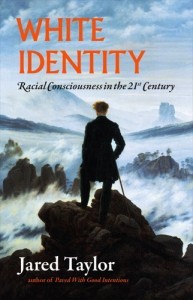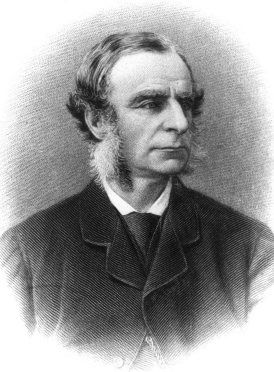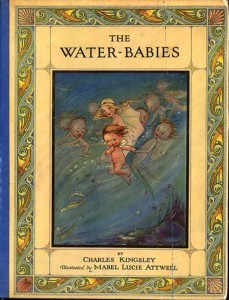“Unstoppable”: Why I Write

Few readers have likely noticed, but my contributions to this site have fallen dramatically this year. The reason is simple: I’ve been convinced by the likes of Alex Kurtagic, Harold Covington et al. that merely tap-tap-tapping on computer keys accomplishes little. Worse, I know I’m guilty of what they both disparage: writing negatively about our situation. On top of that, I have nowhere near the skill or imagination needed to construct a useful new “myth” for our people a la the peerless Michael O’Meara. Result: I’ve stopped writing.
Still, I do continue to teach students how to read a film, but of course I do not do so openly from a White Nationalist position, nor did I mention the role of Jews as a hostile elite. I also write academically on film, so it’s not like I have writer’s block.
In fact, for some years now, I’ve been focused on the films of two chosen Black actors, Morgan Freeman and Denzel Washington. I’ve argued that the anti-White structure (erected by Jews) in Hollywood has demanded the creation of model Black men to “teach” the population that such characters are the norm in our new multicultural society. Read more








